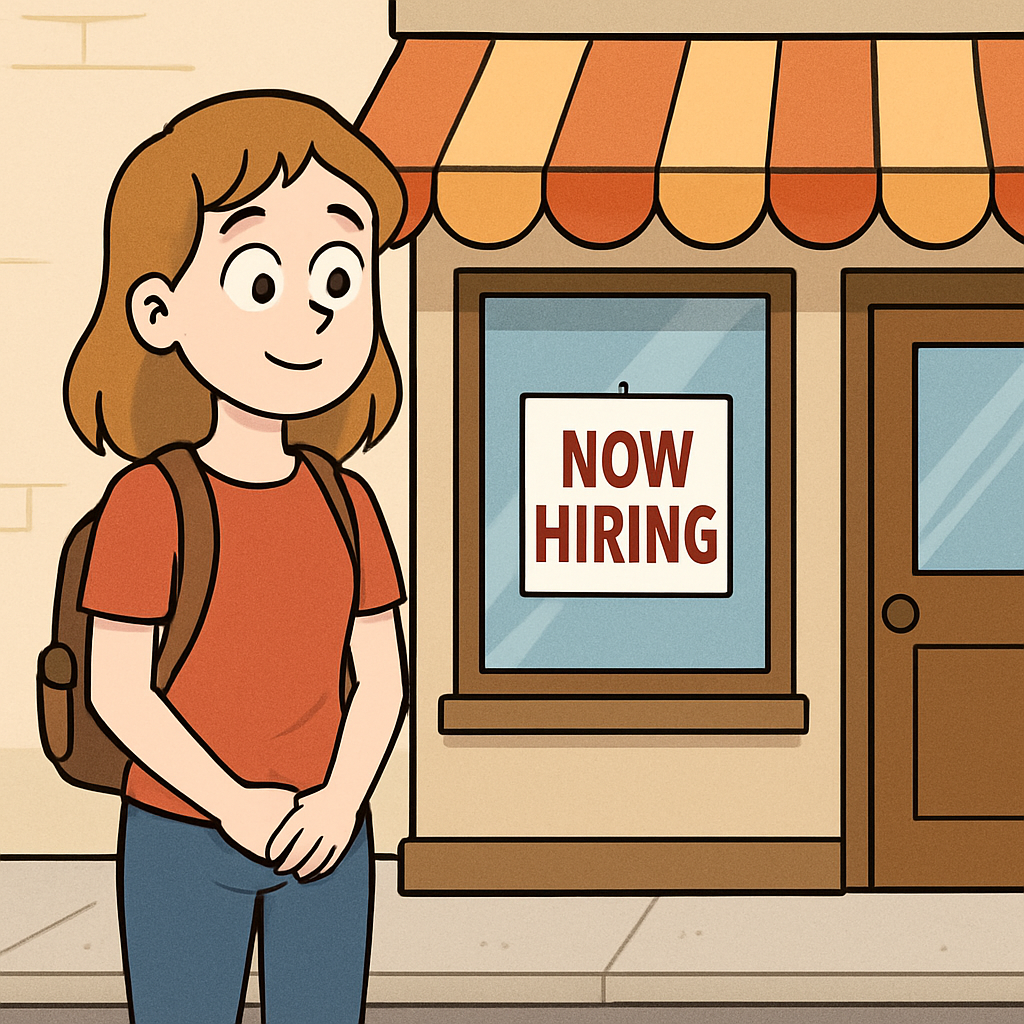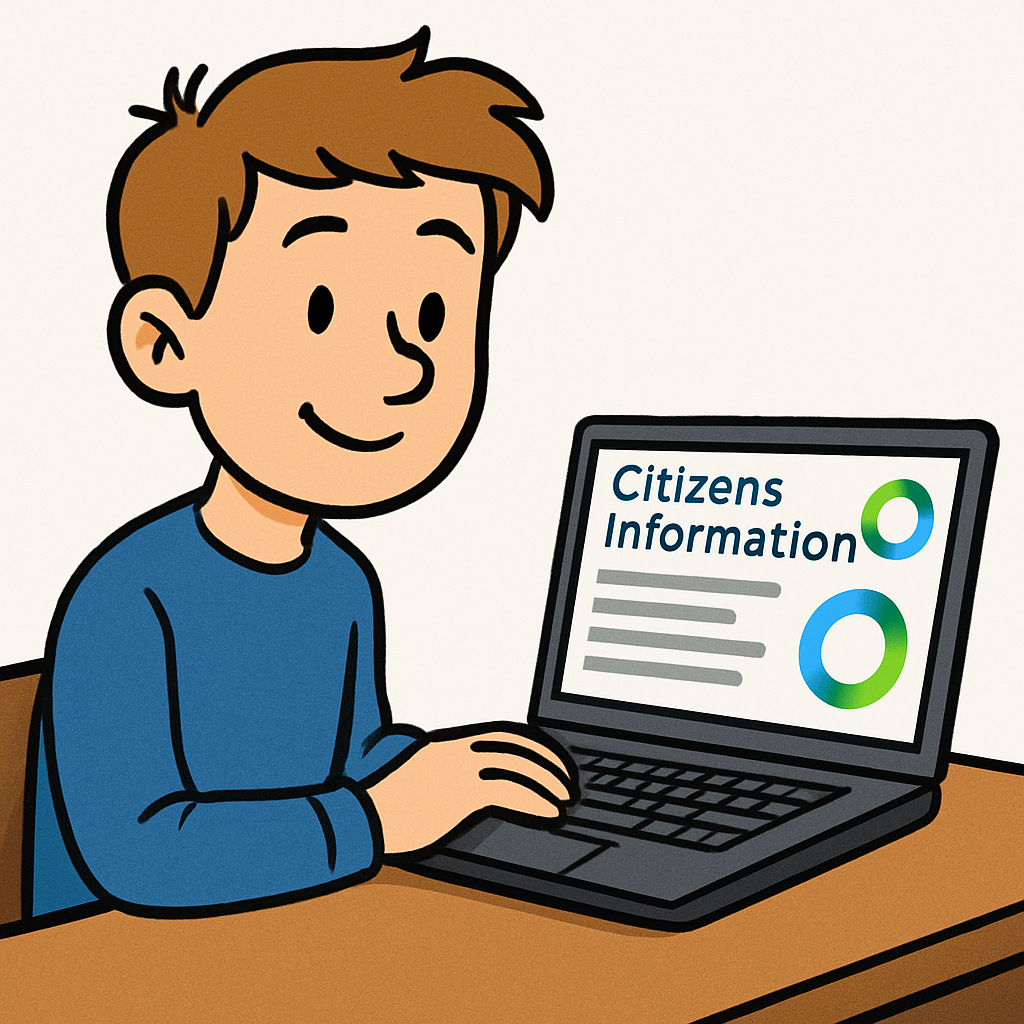 In this lesson, you will explore the employment opportunities, social services, and job creation agencies in your local area. This will help you understand the local economy, available support systems, and potential career paths as you prepare for life after school.
In this lesson, you will explore the employment opportunities, social services, and job creation agencies in your local area. This will help you understand the local economy, available support systems, and potential career paths as you prepare for life after school.
By the end of this lesson, you will have:
 Local employment sources are the various industries, businesses, organisations, and sectors in your local area that provide jobs and work opportunities. These are important because they support the economy and community by creating employment for people like you.
Local employment sources are the various industries, businesses, organisations, and sectors in your local area that provide jobs and work opportunities. These are important because they support the economy and community by creating employment for people like you.
Here are some examples:
Task: Based on what you know about your own local area, make a list of at least three employment sources. For each one, note a brief reason why it's important (e.g., it provides seasonal jobs in tourism). This will be your starting point before we research more in the next step.
Spend about 10 minutes on this task. Jot down your list in a notebook or digital document for reference later.
 Building on the list of at least three employment sources you created in the previous step based on your own knowledge, it's time to expand it through some targeted research. This will help you gain a more comprehensive understanding of the job opportunities in your local area and verify or add to what you already know.
Building on the list of at least three employment sources you created in the previous step based on your own knowledge, it's time to expand it through some targeted research. This will help you gain a more comprehensive understanding of the job opportunities in your local area and verify or add to what you already know.
Start by using the internet to search for reliable information on local industries and employment. For instance, visit the Central Statistics Office website for Ireland: CSO Ireland. Navigate to sections on employment statistics or regional data – you might find reports on sectors like manufacturing, services, or agriculture specific to your county or region.
Other useful resources include local council websites (search for your county council, e.g., 'Dublin City Council employment') or news sites or local newspapers that often report on business developments and job markets. If you're in a rural area, look into agricultural bodies like Teagasc for farming-related employment data.
Task: Using these resources, research and add at least three more employment sources to your existing list. For each new source, note a brief reason why it's important, such as the number of jobs it provides, its contribution to the local economy, or how it supports community growth (e.g., a tech hub in Limerick employing 500 people in software roles).
If exact data isn't available, make an informed estimate based on what you've read or know about your area. Compare these new findings to your original list – did anything surprise you?
Spend about 15 minutes on this task. Jot down your list in a notebook or digital document for reference later.
 Social services are organisations and programmes that provide support and assistance to individuals and communities in need. They aim to improve people's quality of life by addressing issues such as health, housing, education, welfare, and more. In Ireland, social services are often provided by government bodies, charities, and local authorities. These services ensure that everyone has access to essential support, helping to reduce inequality and promote wellbeing.
Social services are organisations and programmes that provide support and assistance to individuals and communities in need. They aim to improve people's quality of life by addressing issues such as health, housing, education, welfare, and more. In Ireland, social services are often provided by government bodies, charities, and local authorities. These services ensure that everyone has access to essential support, helping to reduce inequality and promote wellbeing.
Examples include:
 Now that we've examined local employment sources, let's explore the social services available in your local area.
Now that we've examined local employment sources, let's explore the social services available in your local area.
To build a comprehensive list, use the internet to research social services specific to your area. Start with the Citizens Information website: Citizens Information, which provides details on local services, rights, and entitlements. You can also check your local council's website (e.g., search for 'Cork County Council social services') or HSE resources for health-related support: HSE Ireland. Look for information on community centres, housing support, or welfare offices in your county.
Task: Based on your research, list at least four social services available in your local area. For each one, note a brief reason why it's important, such as how it supports the community or the types of assistance it provides (e.g., a local community centre offering educational programmes and support groups for youth).
If specific details aren't available, make an informed estimate based on what you've read. Think about how these services might connect to employment opportunities, like jobs in social work or administration.
Spend about 15 minutes on this task. Jot down your list in a notebook or digital document for reference later.